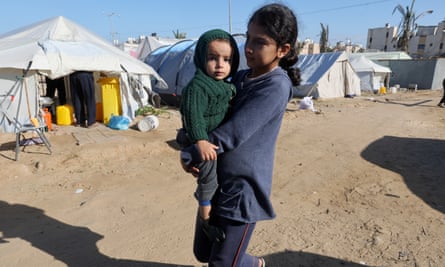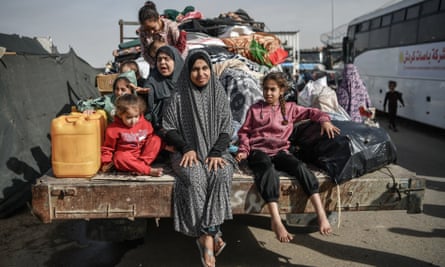Wednesday 20 December
8am A new family joined us. They say it is temporary, but I don’t believe it. Over two months ago, when my sister and I evacuated for the third time, we thought it was temporary. It seems there is no end to our misery, it will just get worse. The family consists of a mother and her children – two teenage boys and one young girl. They are relatives of the host family. Them joining means even less space, less resources and more fear. But that is all OK. What scares me the most is all of us having to evacuate again. There is no place to go to.
I know many friends who had to distribute themselves over several places due to their big numbers or the fact that no single place can contain them. I saw a friend of mine in the street who told me that a part of his family went to the schools, he joined his friends in a studio apartment, another part went to relatives, and a few had a tent in an open area. When I hear things like this I wish that this is all a part of a novel or a soap opera, because it cannot be true.
I ask him how they keep in touch during the horrible and continuous communication cuts. He says that they try to send messages from time to time, and when the communication is completely shut down, they just go and visit each other. They go on foot, without any coordination, which means that he could walk for an hour and then not find anyone in their place because they are out trying to secure flour, water or wood to burn for warmth and cooking.
“But we are fine,” he says. “We are better than others. When I went to visit my family who are staying in a tent, I saw another family who told me that the only thing they ate in the last three days was raw onions. They had no money and couldn’t find any help.” I knew from him that he got them some food, which I am grateful for.

10am A tailor has opened his shop in the area. When I went there to mend my pants, I saw people asking him why he opened now, and not earlier. “I only opened because I have no money left. I have children and grandchildren that need to eat. What is safety when you have no food?”
I noticed that when people come to him, they don’t have the pieces they want to fix, they are actually wearing them. Many people left their houses wearing summer clothes. The lucky ones were able to buy a couple of items, but many have no money to do so. And most of those who got things don’t have the luxury to buy two blouses, for example, to wear one each day. A man took off his trousers and stood behind a curtain while the tailor fixed it. Another man took off his hoodie and sat in his undershirt to wait for it to be sewn.
While behind the curtain, the man with no trousers on was talking to his friend on the other side. He told him that he saw someone whose flip-flops were torn and he connected the torn parts together using a nylon bag. He observed him and noticed that he does not pick his foot up while walking, he just rolls it on the ground to keep the torn pieces together. He went after him and offered him a little money, but the man refused. He said that there are other people who deserve it more. After much persuasion, he took the money.
An elderly man was waiting for his turn to fix his jacket. He was wearing a mask. I knew that he is staying with his family at a school. “Our biggest fear is the diseases,” he tells me. “There are thousands of people in each school. If one has a virus everyone else will have it. Everyone I know had flu, stomach pain, back pain and fever. No one is safe. I am an old man with high blood pressure and diabetes. My body cannot handle any more health problems.”
2pm One thing that keeps happening is running into people I know who lived in the north and Gaza City more than I used to see them when we were all there. It seems now that all Gazans are cramped into a small space, so the possibility of us seeing each other is stronger. The theme song of Orange is the New Black comes to my mind: the animals, the animals trapped, trapped trapped in a cage, and the cage is full.
Well, considering the living situation (or is it the dying situation?) we are animals trapped in a cage, hoping to stay alive while facing death.
I meet a guy I worked with many years ago, he tells me that he and around 50 of his family are staying at his relatives’ house. “My sister’s husband is wealthy, so when they evacuated the first time, they bought a lot of food and supplies. Then they were informed to evacuate from the new area, they ran very quickly and left all the food behind. The building was bombed. Now, they are with us, with no food, no supplies, and with money that almost has no value.”
4pm I found 15 pills of my medicine! I am so happy. This means I am covered for two weeks. But the question is: how many two-week periods do we still have to endure until this nightmare is over?
6pm Ahmad tells me that he is trying to buy some clothes for a child he saw in one of the schools. He said his whole family died, and he has no other relatives left. The neighbours took him with them when they evacuated. He is four years old, no one told him what happened to his family. He told Ahmad that “they will come back to pick me up”.
10pm A previous colleague of mine believed strongly in the power of energy. She always said that we attract the energy we surround ourselves with. So she had several cards and pictures on her desk of what she wants to achieve in order to “attract them”.
I look for a piece of paper but couldn’t find any. I get a small piece of carton and write on it: “The nightmare is over; I survived; I am alive.”

